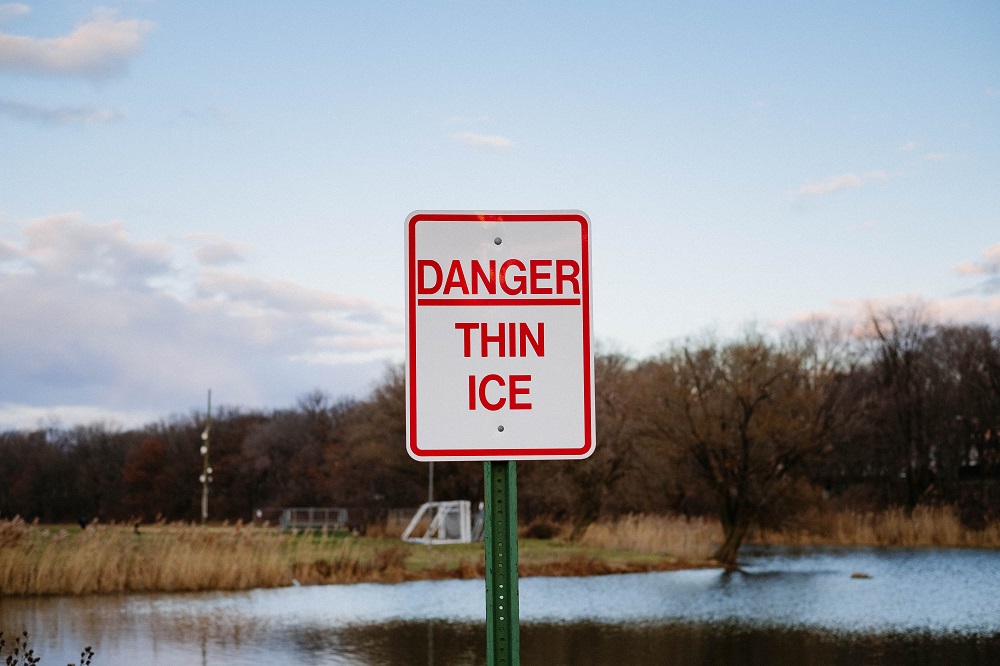Boundaries are boundaries, and the same rules apply whether you’re setting them with children, schedules, or relationships.
I’ve spent a lot of years learning about boundaries, so here are a few dozen therapy hours boiled down into a paragraph: Clearly identify your boundary, and understand why you need it.
Be straightforward about your boundary, but don’t apologize or give long explanations. “All you need to say is simply ‘Yes’ or ‘No.’”
Remember that a boundary isn’t about telling someone else what to do; it’s about deciding what you will do—so no need to deal with self-made drama, tears, or arguments.

Start with tighter boundaries, and then loosen up if it’s appropriate (but know that you never have to change your mind).
Learn the art of saying no: You don’t have to lie, apologize, or over explain.
Just decline.
Finally, and always, trust your intuition. If it doesn’t feel right, it’s not right.
Boundaries with your time are tricky.
I have this important quote doodled in some important places in my life: No for Now Isn’t No Forever.
I remind myself that saying no to myself when I want to say yes holds the implicit promise that maybe I can say yes later.
Boundaries with people are the hardest boundaries to set, and you may not even know yet if you have a problem setting them.

Here are a few signs that perhaps the boundaries in your life are blurry:
1. Your relationships are difficult or overly dramatic. When you struggle to set boundaries, you send a signal to other people that you cannot take care of yourself. This leaves you susceptible to relationships with people who want to control you, and control is only ever dramatic and manipulative. Healthy relationships exist between people who have a healthy and mutual give-and-take in their friendship.
2. You find it difficult to make decisions. When you don’t have healthy boundaries in place, you spend a lot of time doing what other people want you to do. You don’t know what you want or don’t want, and you might not have a strong sense of who you are, what you like, and what matters most to you.
3. You really, really, really hate to let other people down. We all like to maintain a positive scorecard in our relationships, so it’s nice when the people in your life are happy. But people without boundaries worry excessively about letting other people down, so they hate to say no. If you’ve ever been called a “people pleaser,” you might need to set some boundaries in your life.

4. You often feel guilt, fear, or anxiety. People with boundary issues feel responsible if others are unhappy, and they feel guilty for small and insignificant things. They apologize often for things far beyond their control, and they carry a self-imposed responsibility for the world’s happiness.
5. You feel inexplicably tired for no reason. Always doing what other people want you to do leaves little time for you to take care of yourself and your own needs. This pattern is flat-out exhausting.
The confident girl loves herself enough to set boundaries. Your time and energy belong to you first, so you get to decide how to use them. You teach people how to treat you by deciding what you will and won’t accept.
Click to download confidence boosting memes to remind you that you can set healthy boundaries!
From You Can Do This by Tricia Lott Williford
Our culture as a whole, and often the Christian culture in particular, discourages confidence in women. Tricia Lott Williford explores how confidence and self-awareness can be a path toward stronger and richer faith. She offers stories and strategies to inspire and lead women to develop the confidence to stand firm in the face of the blows, losses, and disappointments in life.
Readers of this book will think, laugh, and gain confidence to do what is set before them. They will feel hopeful, courageous, strengthened, encouraged, present, and confident. And finally, readers will be equipped to implement simple strategies to inspire contagious confidence in themselves and others.









2 Comments
who is the writer this article
Hi Nazia, this article is excerpted from the book You Can Do This by author Tricia Lott Williford. We hope it was helpful for you!